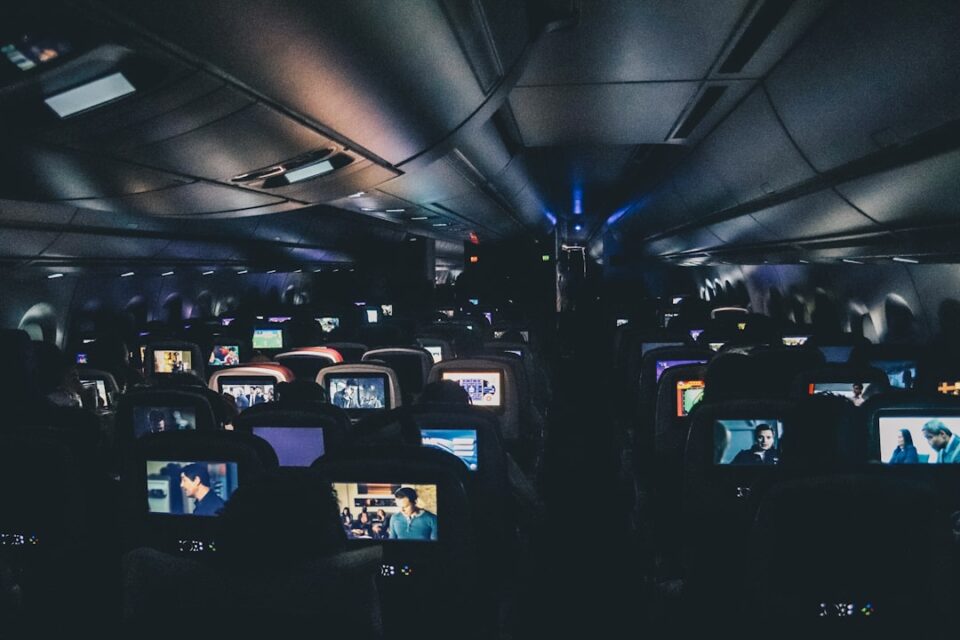In today’s digital age, social media has become a powerful tool for individuals and organizations to communicate, connect, and mobilize people around the world. One of the most significant uses of social media is in political movements, which have the potential to bring about significant social and political change. This blog post examines the role of social media in political movements, including the benefits and challenges associated with using these platforms to promote social and political causes.
Social media platforms such as Facebook, Twitter, Instagram, and YouTube have played a vital role in facilitating political movements and protests in recent years. From the Arab Spring to the Black Lives Matter movement, social media has enabled activists and ordinary citizens to amplify their voices, organize demonstrations, and raise awareness about social and political issues. These platforms have provided a space for marginalized voices to be heard and for individuals to connect with like-minded people who share their beliefs and values.
One of the key advantages of social media in political movements is its ability to reach a large audience quickly and efficiently. With billions of people using social media every day, political activists can ensure that their message reaches a wide and diverse audience, allowing them to build support and create momentum for their cause. Social media also allows activists to bypass traditional media outlets, which may be biased or unwilling to cover certain political issues, and to communicate directly with their followers in an unfiltered manner.
Furthermore, social media enables activists to engage with their audience in real-time and to respond to their concerns and feedback quickly. This two-way communication between activists and their followers creates a sense of community and solidarity, as individuals can share their experiences, stories, and opinions with others who may have similar experiences or viewpoints. This sense of connection and belonging can help mobilize people to take action, whether by attending a protest, signing a petition, or donating to a cause.
In addition, social media allows activists to document and share information about human rights abuses, government corruption, and other social injustices, which may not be covered by traditional media outlets. By using photos, videos, and personal stories, activists can raise awareness about these issues and pressure governments and international organizations to take action. Social media has also been instrumental in holding individuals and institutions accountable for their actions, as viral campaigns and hashtags can bring attention to cases of injustice that may have otherwise gone unnoticed.
Despite the many benefits of social media in political movements, there are also challenges and limitations associated with using these platforms to promote social and political causes. For example, social media can be easily manipulated by governments, political parties, and other actors to spread misinformation, propaganda, and fake news. This can undermine the credibility of activist movements and create confusion among their followers, making it difficult to build trust and solidarity within the movement.
Moreover, social media algorithms may prioritize certain types of content over others, leading to the silencing of marginalized voices and the amplification of mainstream narratives. This can make it challenging for activists to reach new audiences and build support for their cause, particularly if their message goes against the dominant discourse or if they do not have a large following on social media. As a result, political movements may struggle to gain traction and momentum, as their message may be drowned out by more popular or sensationalist content on social media.
Furthermore, social media platforms may censor or block content that they deem to be inappropriate or in violation of their community guidelines, which can limit the ability of activists to share their message and mobilize their followers. This censorship may be arbitrary and discriminatory, as certain voices and perspectives may be disproportionately targeted by social media companies, leading to the marginalization of these groups within the digital sphere. Additionally, social media companies may cooperate with governments and law enforcement agencies to surveil and monitor activists, which can put them at risk of harassment, intimidation, and violence.
Despite these challenges, social media remains a crucial tool for political movements to raise awareness, mobilize people, and advocate for social and political change. By leveraging the power of social media, activists can amplify their voices, build solidarity with like-minded individuals, and hold governments and institutions accountable for their actions. Social media has democratized the public sphere, allowing individuals from diverse backgrounds and experiences to participate in political discourse and activism in ways that were not possible before.
In conclusion, the role of social media in political movements is both complex and multifaceted. While social media has enabled activists to mobilize people, raise awareness, and hold governments accountable, it also poses challenges in terms of censorship, manipulation, and surveillance. As activists continue to navigate these opportunities and limitations, they must remain vigilant in protecting their digital rights and freedoms, while also striving to create a more inclusive, transparent, and just society through the power of social media.

